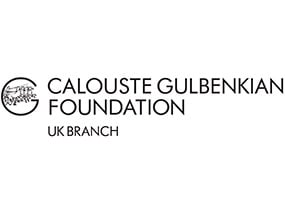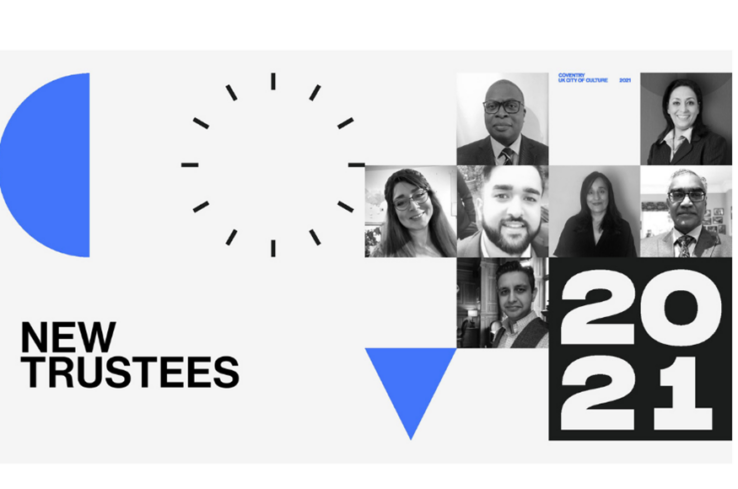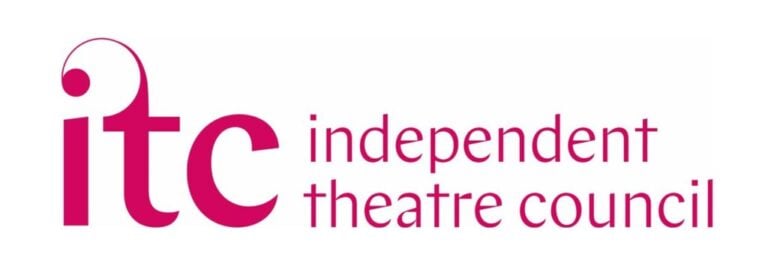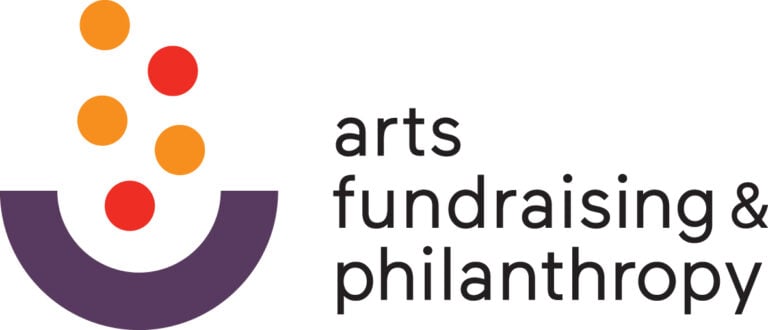Can the organisation accept money from anyone?
A discussion needs to be held about an ethics policy: are there areas from which sponsorship would be controversial/undesirable or funds which might be perceived as otherwise tainted?
Care must also be taken to reduce risks of being involved in money laundering or other frauds. A board may need to take a view on unusually large donations, or those that are offered with conditions or complex banking and transfer arrangements.
Unsolicited donations might be suspect, particularly if the board is unable to check the credentials of the people involved, or the appropriateness of the donation.
Board members should make themselves aware of the powers of the Fundraising Regulator. This regulator works alongside the Charity Commission and the Information Commissioner’s Office in relation to charitable fundraising, to strengthen the system of charity regulation and maintain public trust in fundraising.
The board has ultimate responsibility as to whether they should return or refuse a donation. They must make this decision on the basis of the best interests of the organisation. That will include weighing up any issues around how the funds were raised, which may include reputational concerns, against the financial impact on the organisation of turning the donation down. Trustees of charities can approach the Charity Commission for advice if they are unsure about their approach. Depending on the terms of the donations and how the funds were raised, there may be restrictions on whether a donation can be returned and the Commission may need to authorise such returns. Trustees may wish to seek their own legal advice, since they could be criticised for refusing a donation. Trustees should remember their duty to report any serious incidents which could harm their charity’s reputation to the Commission.
The Commission has published guidance for charities with a connection to a non-charity. This includes checklists for decisions relating to a charity’s trading subsidiary, founder and third parties.
In March 2024 the Charity Commission published new guidance to help charities when deciding whether to accept, refuse or return a donation.
Further Guidance:
- https://www.gov.uk/guidance/guidance-for-charities-with-a-connection-to-a-non-charity
- https://fundraising.co.uk/2018/05/04/new-guidance-accept-refuse-donations/
- https://www.fundraisingregulator.org.uk/code






















